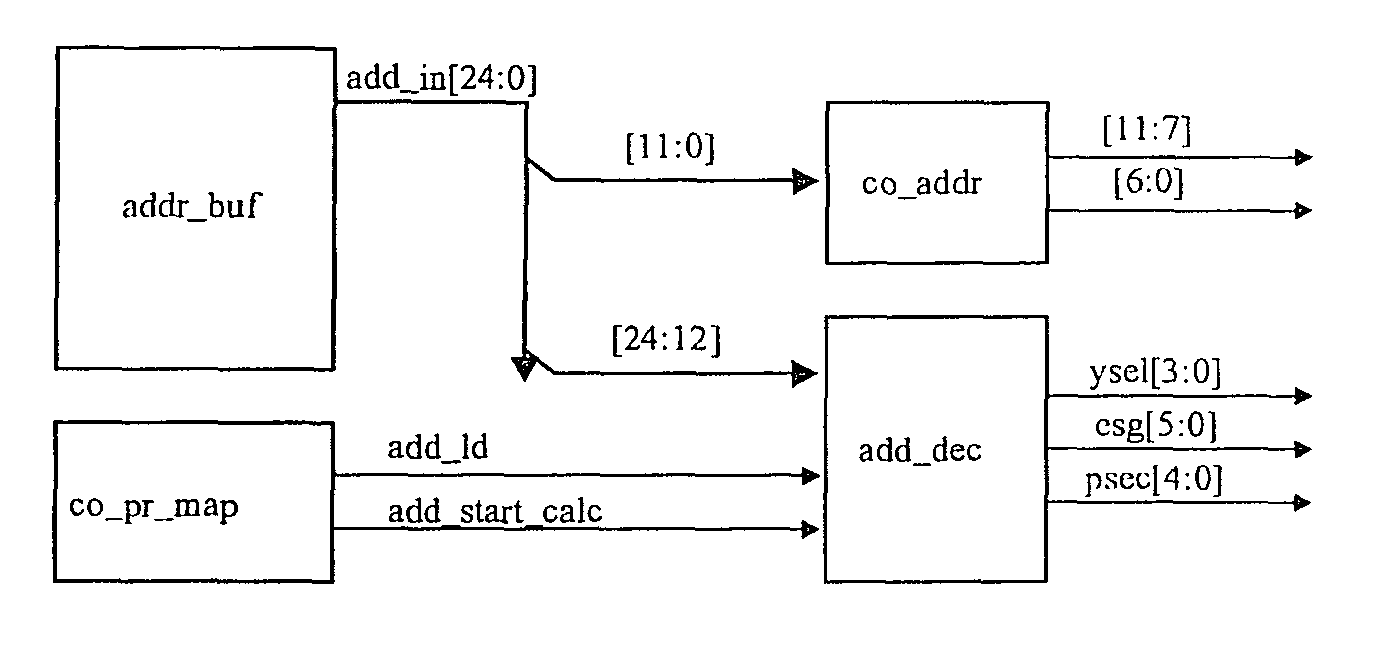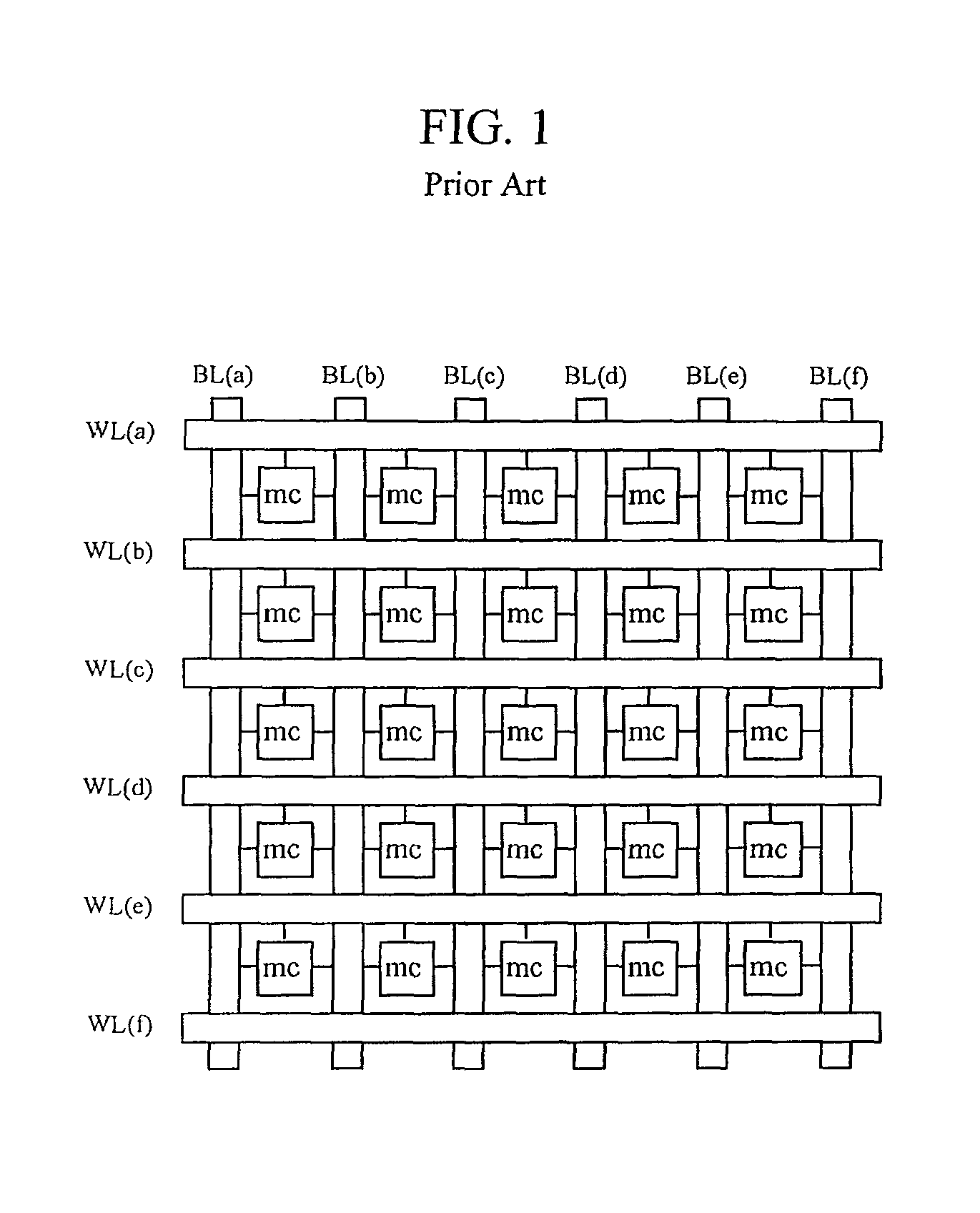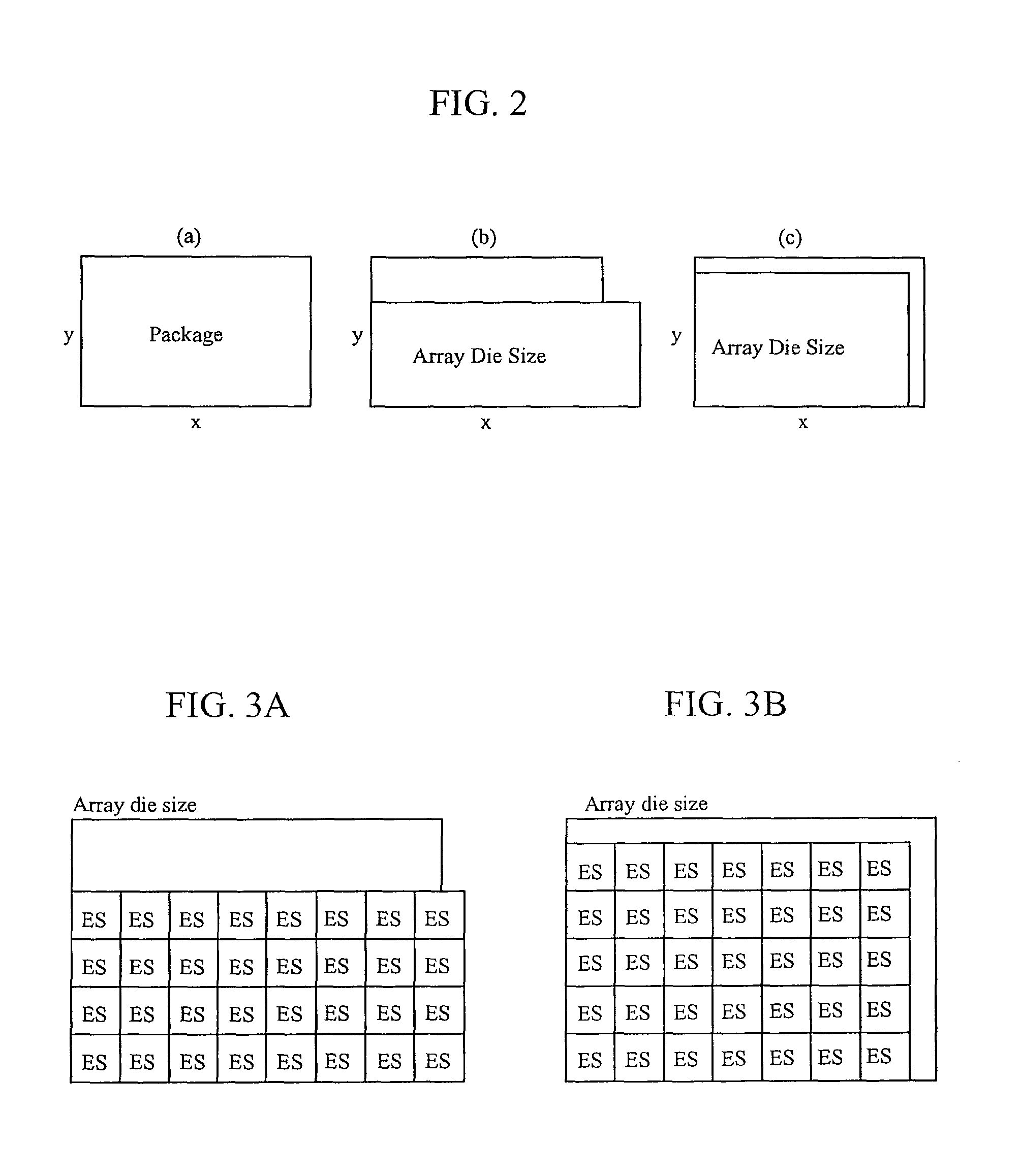Non binary flash array architecture and method of operation
a non-binary, flash array technology, applied in the direction of read-only memories, static storage, instruments, etc., can solve the problems of unsuitable primary storage, unmandatory rase operation of flash memory, and loss of anything contained in ram, so as to improve layout efficiency
- Summary
- Abstract
- Description
- Claims
- Application Information
AI Technical Summary
Benefits of technology
Problems solved by technology
Method used
Image
Examples
Embodiment Construction
[0080]In the following description, various aspects of techniques for implementing and operating a Flash memory array will be described. For the purpose of explanation, specific configurations and details are set forth in order to provide a thorough understanding of the techniques. However, it will also be apparent to one skilled in the art that the techniques may be practiced without specific details being presented herein. Furthermore, well-known features may be omitted or simplified in order not to obscure the description(s) of the techniques.
[0081]Throughout the descriptions set forth in this disclosure, lowercase numbers or letters may be used, instead of subscripts. For example Vg could be written Vg. Generally, lowercase is preferred to maintain uniform font size.) Regarding the use of subscripts (in the drawings, as well as throughout the text of this document), sometimes a character (letter or numeral) is written as a subscript—smaller, and lower than the character (typical...
PUM
 Login to View More
Login to View More Abstract
Description
Claims
Application Information
 Login to View More
Login to View More - R&D
- Intellectual Property
- Life Sciences
- Materials
- Tech Scout
- Unparalleled Data Quality
- Higher Quality Content
- 60% Fewer Hallucinations
Browse by: Latest US Patents, China's latest patents, Technical Efficacy Thesaurus, Application Domain, Technology Topic, Popular Technical Reports.
© 2025 PatSnap. All rights reserved.Legal|Privacy policy|Modern Slavery Act Transparency Statement|Sitemap|About US| Contact US: help@patsnap.com



